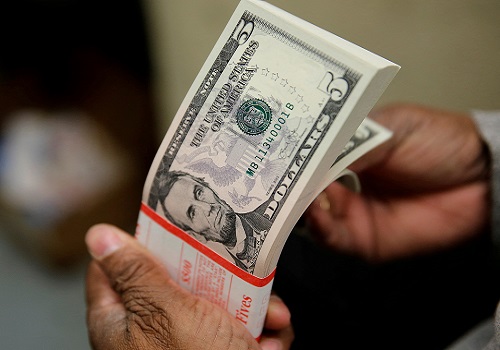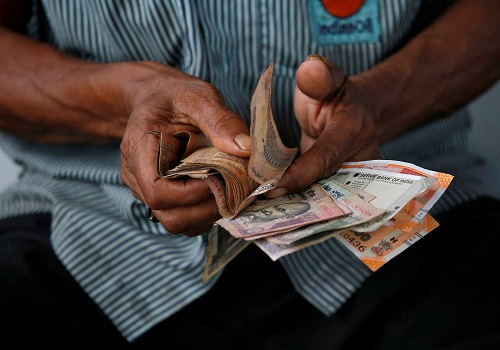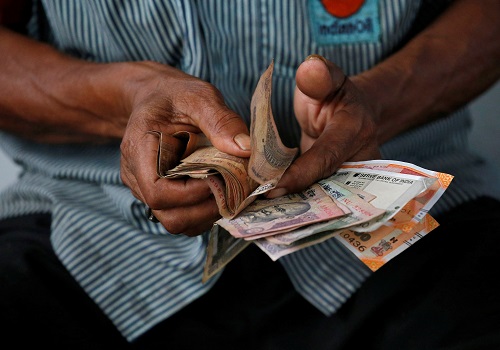Dollar eyes third weekly gain on higher US rate expectations

The dollar stood near a two-month high against its major peers on Friday and was headed for a third weekly gain on expectations that U.S. interest rates could remain higher for longer than initially expected.
Jitters over debt ceiling negotiations between U.S. President Joe Biden and top congressional Republican Kevin McCarthy also continued to cast a shadow over market sentiment, with just a week to go before the so-called "X-date" on June 1, when the government would be unable to cover its obligations.
The greenback was up in early Asia trade and sat at 139.82 yen, having peaked at 140.23 yen in the previous session, its highest since November.
The U.S. dollar index edged 0.05% lower to 104.18, jut off of Thursday's two-month high of 104.31.
The index is up 1% for the week, headed for a third weekly gain, as traders ramped up their expectations of how much further rates could rise in the United States.
"Recent moves in currencies have been mainly driven by a sharp repricing of FOMC policy," said Carol Kong, a currency strategist at Commonwealth Bank of Australia (CBA).
Money markets are now pricing in a roughly 52% chance that the Federal Reserve will deliver another 25-basis-point rate hike at its policy meeting next month, as compared to a 36% chance a week ago, according to the CME FedWatch tool.
Expectations that the Fed will begin cutting rates this year have also been scaled back.
Data released on Thursday showed that the number of Americans filing new claims for unemployment benefits increased moderately last week to 229,000, lower than expectations.
The British pound and the euro struggled against the stronger dollar, with sterling edging 0.04% higher to $1.2326, though still headed for a weekly loss of about 1%.
The euro was little changed at $1.0724, languishing near a two-month low hit in the previous session.
The single currency was also weighed down by confirmation that Europe's largest economy Germany entered a recession in early 2023.
DEBT CEILING STANDOFF, CHINA'S RECOVERY STALLS
The U.S. dollar has also drawn some support from lingering nerves over the debt ceiling negotiations.
President Biden and House Speaker McCarthy on Thursday appeared to be nearing a deal, which a U.S. official said would raise the debt ceiling for two years while capping spending on most items other than military and veterans.
"While the probability of a technical default is very low, it appears to be materially higher than in past debt ceiling stand-offs due to the current political landscape," said Jake Jolly, BNY Mellon Investment Management's head of investment analysis.
"Political brinksmanship going down to the wire adds immediate-term uncertainty."
The Australian dollar slumped to a more than six-month low of $0.6490, further pressured by China's faltering post-COVID economic recovery.
"Data in the near-term for China will remain pretty weak and continue to point to a soft consumption recovery," said CBA's Kong. "That will be another weight to the Aussie."
The Australian dollar is often used as a liquid proxy for the Chinese yuan.
The kiwi rose 0.11% to $0.6068, though it was headed for a weekly loss of more than 3%, its largest since September, after the Reserve Bank of New Zealand earlier this week stunned markets by signalling it was done tightening.
The central bank had raised rates by 25 bps at the policy meeting to the highest in more than 14 years at 5.5%.


















